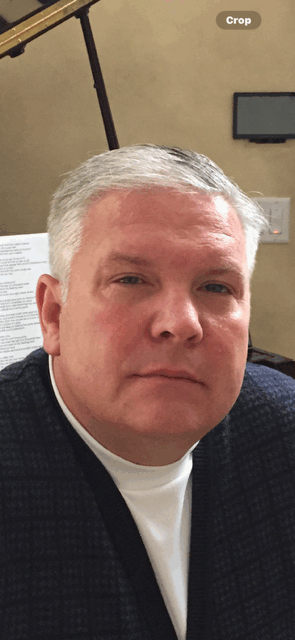Scott Barbrack is a seasoned financial professional with over 35 years of experience in the trading and brokerage industry, specializing in interest rate derivatives and fixed income markets. He began his career in 1988 and has held senior leadership roles at prominent interdealer brokerage firms, overseeing trading desks and managing large-scale client operations in the U.S. financial markets.
From 2003 to 2024, Barbrack served as Managing Director at Tullett Prebon, where he led efforts on USD interest rate swaps. In 2024, he took on the role of Senior Managing Director at GFI Group in New York City. Throughout his career, he has been recognized for his market expertise, long-term client relationships, and steady leadership in high-pressure environments.
In addition to his financial work, Barbrack has explored ventures in hospitality and fashion. He was a partner in The Lion NYC, a well-known Greenwich Village restaurant that attracted a celebrity clientele and received regular coverage in Page Six. He was also an early investor in Pretty Green, the British fashion label founded by Liam Gallagher of Oasis.
Barbrack holds a Bachelor of Arts in Political Science from Rutgers University and is a proud supporter of its athletics programs. He is also an alumnus of Xavier High School in New York City. Outside of work, his interests include cooking, fishing, scuba diving, and travel. He is involved in philanthropy, contributing to the educational institutions that helped shape his path.

Q&A with Scott Barbrack: Discipline, Instinct, and the Long Game
Scott, you’ve had a long career in finance. How do you define success?
For me, success is about longevity and consistency. It’s not one big moment or a single deal. It’s showing up every day, doing the work, and being someone others can count on. If you can look back and say you were reliable and steady over time, that’s success.
What skills did you develop in finance that carried over into other industries?
Discipline, risk management, and the ability to stay calm under pressure. Finance is a fast, sometimes chaotic environment. You learn to make decisions quickly but carefully. That mindset helped when I was part of ventures like The Lion NYC or investing in Pretty Green.
What drew you to hospitality and fashion?
Honestly, instinct. I saw energy around those spaces. With The Lion, it was about culture and connection—great food, lively crowd. Pretty Green had a strong brand and a unique point of view with music and fashion. I liked the creativity of it all.
Would you call yourself a risk-taker?
Calculated risks, yes. Finance trains you to weigh outcomes. I’ve never been reckless, but I don’t avoid opportunities either. If something makes sense, I’ll try it.
Any advice for someone just starting out in their career?
Learn fast. Don’t pretend to know what you don’t. Be present, be consistent, and trust your gut when the moment calls for it.
How do you stay grounded in a high-pressure industry like finance?
I’ve always kept a life outside of work. Cooking, fishing, being a Rangers fan—those things keep me human. You need space from the pressure, or it’ll burn you out.
Looking back, what moment in your career are you most proud of?
Honestly, I’m proud of the consistency. Not a single win, but the fact that I stayed in the game this long, adapted to change, and built relationships that lasted.
What did running a restaurant teach you that finance didn’t?
Hospitality is emotional. You’re dealing with customers in the moment, and expectations are high. It sharpened my ability to read people and respond quickly, something you don’t always get sitting behind a trading desk.
Did you ever think you’d end up in the fashion world?
Not really. But Pretty Green was more than just clothes—it had a story, a cultural vibe. That’s what drew me in. Finance is numbers, but fashion and restaurants are about energy and feeling.
How do you evaluate opportunities now?
I ask a few simple questions: Do I understand the risk? Do I trust the people involved? And does it feel right? If the answer’s yes, I give it a shot.
What’s the best lesson finance ever taught you?
Stay calm. You’ll have good days and bad ones. Don’t let either define you. Just keep going.
What role has mentorship played in your career?
Early on, I watched how experienced traders handled stress and relationships. That was my education. I learned more from watching than from any manual.
Are you still hands-on in your day-to-day role?
Yes, very much so. I like staying close to the action. You can’t manage from a distance in this business. You have to be in the weeds with your team.
What’s next for you?
Keep showing up, keep learning. I’m not chasing anything big—just looking for things that feel worth my time.
If you weren’t in finance, what would you be doing?
Maybe something in hospitality again. I enjoy the pace and the people. Or I’d be on a boat, somewhere quiet, with a fishing rod in hand.
